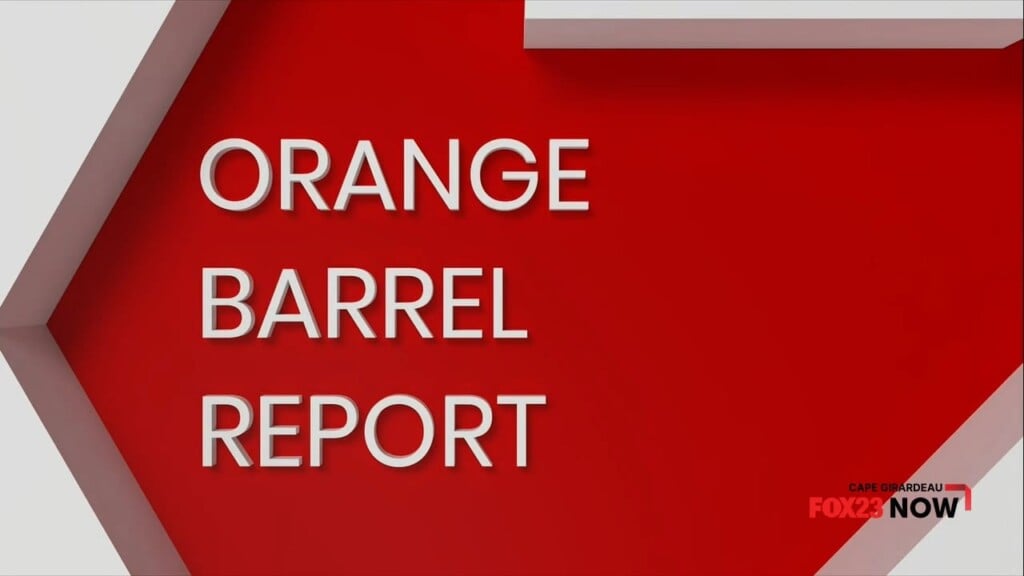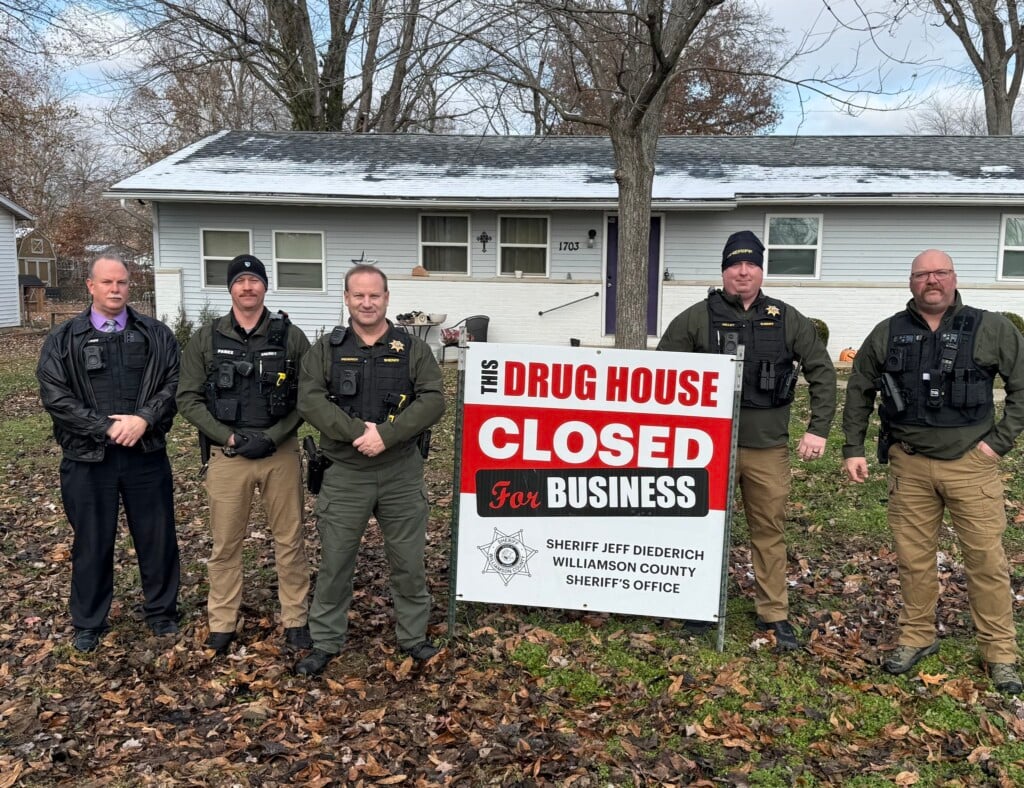Stay safe, stay informed: Election Scam Awareness

CAPE GIRARDEAU, Mo., (KBSI) – With the General Election right around the corner the Better Business Bureau has released election scams you should be aware of.
Phishing Emails
Phishing emails are fake donation requests, surveys, or polls that steal personal or financial information. Often include links to spoofed websites.
Phone Scams
Reports say that scammers pose as campaign workers to collect sensitive data. Common scams include:
- Asking for personal info during “surveys” (Social Security numbers, etc.).
- Requesting donations or offering help with voter registration.
- Using voice cloning to mimic candidates.
Text Scams
Messages offering fake polls or donation requests, often seeking passwords, account info, or personal data.
Recognizing Red Flags
Phishing Attempts
- Scammers mimic campaign communications but with the goal of gaining access to personal or financial data.
- Fake emails urge you to click links for donations or survey participation. These often contain malware or lead to fake websites.
- Be wary of unexpected links and avoid clicking them. Instead, go to the official campaign websites by manually typing the URL into your browser.
Phone Scams
Real campaigns may call to conduct surveys or ask for donations, but scammers use this tactic to steal personal info.
Phone fraud tactics include asking for your Social Security number, birthdate, or credit card information in exchange for a “prize” for survey participation.
Voice cloning might mimic well-known candidates, making the scam seem credible.
Text Messages
Scammers send fake texts that appear to come from trusted sources, urging recipients to donate or respond to a poll.
Some scammers even claim you’ve donated to a campaign and ask for bank or account info to dispute the charge.
Specific Scam Variants
Text-Your-Vote Scam: Scammers tell people they can vote by text, causing them to miss the actual voting process.
Fake Banking Alerts: Texts appear to come from your bank, warning of an unauthorized political donation, and tricking people into giving up account information.
Preventive Measures & Tips
Verify Sources:
Never click on a link from an unsolicited email or text. Always go to official websites by manually entering URLs.
Hover over hyperlinks to ensure they match the legitimate campaign site.
Avoid providing personal information over the phone or via email unless you’re certain of the source’s legitimacy.
Prizes as Red Flags
Legitimate pollsters don’t offer rewards like gift cards or prizes for completing surveys.
Know What Pollsters Don’t Need:
Real polls may ask for demographic info but will never request Social Security numbers, birth dates, or credit card details.
Don’t Answer Unknown Calls:
Scammers can’t reach you if you don’t engage.
Voter Registration:
Scammers may claim to help you register to vote. Verify your registration through official government sites, as no state allows phone-based voter registration.
If your targeted and find yourself in a scam you should report it to the BBB’s scam tracker.
Always report scams to the Better Business Bureau.


